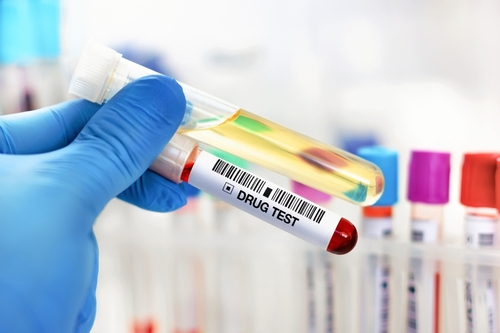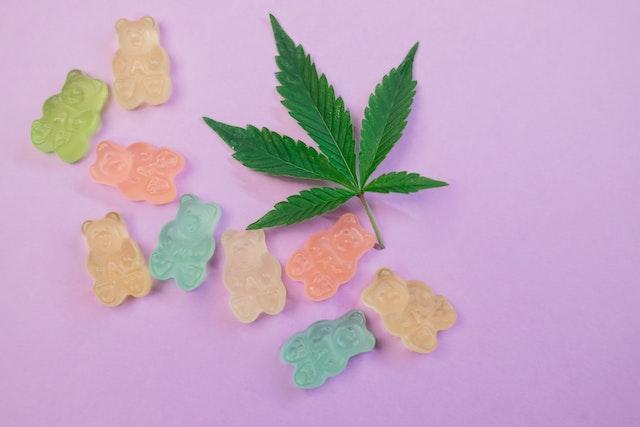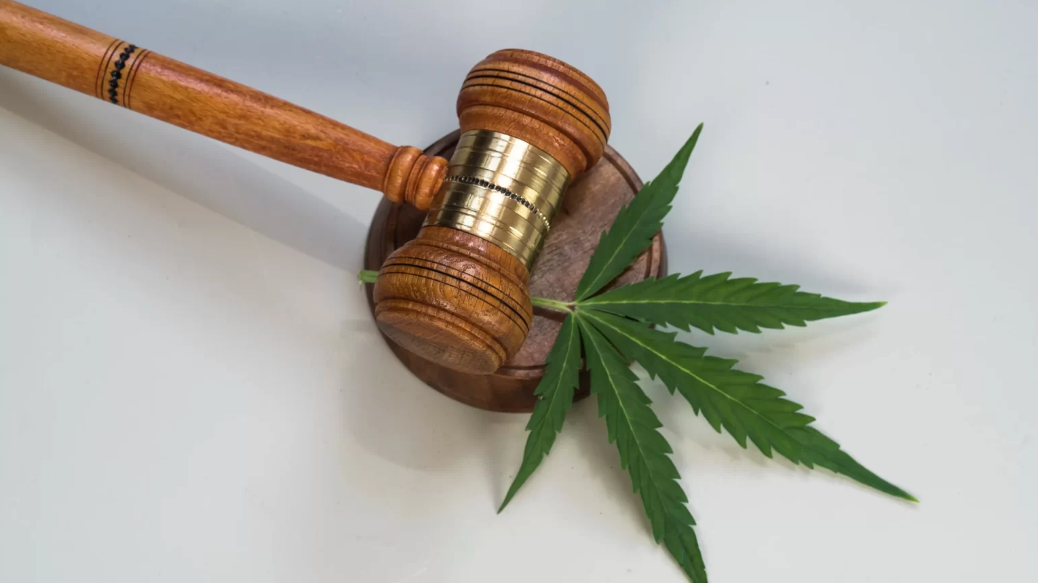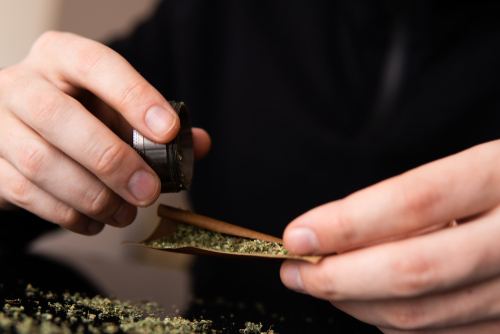Will THCa Cause You to Fail a Drug Test?

Have you ever wondered if THCa will cause you to fail a drug test?
The renewed interest and increased commercial availability of hemp-infused oil products have raised questions about the legality of their use and probable outcomes on drug tests for individuals. They are imbued with both therapeutic and psychoactive properties, which places them in the middle of a legal gray area.
You should be asking, ‘Does THCa show up on a drug test?’ even before you get to if THCa will cause you to fail one. The straightforward answers to these questions are yes, THCa will show up on a drug test, and it may cause you to fail, depending on the circumstances under which it is being administered. Keep reading if you don’t intend to fail that test.
What Is THCa?
We need to talk about tetrahydrocannabinol (THC) before you can grasp the significance of THCa. It is the primary psychoactive constituent of cannabis, which is why it is regulated by federal law. Under United States federal law, it is illegal to use, sell, and possess any cannabis product containing over 0.3% THC by dry weight.
THC has a naturally occurring inactive precursor known as THC acid, tetrahydrocannabinolic or tetrahydrocannabinol-carboxylic acid (THCa). THCa is a key analyte or substance of interest in many drug tests. They are designed to identify it and measure its concentration, which should be strange considering it’s inactive. Let’s find out why.
What Does It Mean When THCa Shows Up on a Drug Test?
Looking for this inactive THC metabolite is common practice for both federally regulated and non-regulated drug tests. The main reason for these tests is to determine if there is THC in your system and whether the concentration impairs your functionality.
As a precursor of THC, THCa is kept inactive by a carboxyl group that decarboxylates under heat and, when dry, forms the psychoactive THC. This is able to bind to your body’s sensory receptors, which is why it should be regulated. It is also a metabolite of THC, meaning it is an intermediate (or end) product of the metabolic reactions that your body's enzymes will catalyze as they process THC.
Therefore, the higher the concentration of THCa, the more THC you are deemed to have taken. Some people will use this to judge your competence for the task at hand, which is not always accurate.
Is THCa Legal?
THCa is federally legal throughout the US after the 2018 Farm Bill made hemp products legal, provided they contained less than 0.3% THC content. You can even breed some strains of hemp with a higher THCa concentration with the same TCA limit.
Besides the federal government, there are local and state authorities with their own regulations that you should abide by. Other parties who have the right to investigate what you are putting in your body are the people who will be administering the actual blood test.
It could be your school, employer, or local police, among other entities. The level of THCa that they allow will vary from one to another. You need to comply to pass their tests.
Does THCa Show Up on a Drug Test?
The simple answer is yes; if you vape, dab, or smoke a THCa product shortly before a drug test, it will show up on the test. Most urine tests are designed to analyze THCa's presence in the body.
What Happens If You Test Positive for THCa?
Drug tests are conducted for different purposes.
- Some are done after an incident or accident to determine if your state of mind might have influenced it, especially when there is reasonable suspicion of impairment
- During pre-employment evaluations
- When the company policy requires random testing
These are just a few scenarios; there are countless others. The aftermath of the test results will be highly influenced by the reason the test is being conducted in the first place. You should also know that testing positive for THCa doesn’t automatically mean you used it recently or that your functionality is impaired.
Because the negative consequences of the drug test can be serious, the process should not end at the initial screening. Sometimes, the initial screening will show a THC metabolite reading that is above the regulatory cutoff, but the concentration at the confirmatory test reads below the cutoff. If the signal can’t be clearly distinguished, it is reported as a negative.
That THCa concentration is below the lab’s limit of detection does not mean that there isn’t any THC in your system. It can also mean that the product you took is within the federally accepted THC concentration levels.
Medical marijuana has been legalized in many states; other states have even legalized recreational marijuana. Confirmed positive tests have to be reviewed by a certified Medical Review Officer (MRO). The role of this physician is to determine whether there is a legitimate medical explanation as to why it’s in your system.
If you are able to provide a legitimate recent prescription that the MRO can confirm, the test may be deemed negative. The MRO can back up their findings so the report doesn’t look like a false negative.
Private employers are not bound by federal regulations and enjoy the discretion of making their own in-house policies when it comes to testing and what is considered legitimate use. In this situation, you want to freshen up on your company policies to establish your limits. They may go easy on you.
Buying THCa Products That Won’t Cause You to Fail a Drug Test
THCa is legal when used within its limitations. The products need to have been extracted from actual hemp plants and shouldn’t contain more than 0.3% THC.
Hemp-derived products are sold over the Internet and in stores or dispensaries in states where the use of cannabis is allowed for recreational or medical purposes. They aren’t regulated by the Food and Drug Administration (FDA) for content, so there are chances that a host of cannabinoid chemicals, including THC, will contaminate them. That’s how easy it is to test positive for THCa from a urine drug test.
Look for shops or dispensaries that are compliant with these regulations and are willing to display the concentration of CBD, THC, and other ingredients in their products. The brand also matters because the makers of the product are the ones who know if they are truly federally compliant and if the wording on the packaging is a true reflection of the products.
Consider the regulations and policies of the institutions that will be administering the drug test when choosing the product. There is a vast selection of flowers, oils, edibles, drinks, vapes, and many others to choose from. Ensure your THCa concentration will not exceed its required levels during those random checks. Consider how long THCa stays in the system.



